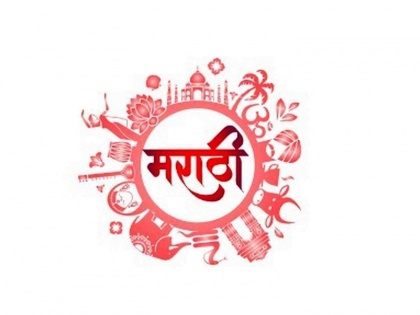Marathi Language's Classical Status Hindered as Govt Report Deems Sanskrit its Sister Language: Historian
By Lokmat English Desk | Published: March 19, 2024 09:33 AM2024-03-19T09:33:37+5:302024-03-19T09:35:43+5:30
Mumbai: In 2013, a report was submitted to the Central government to declare Marathi as a classical language. The ...

Marathi Language's Classical Status Hindered as Govt Report Deems Sanskrit its Sister Language: Historian
Mumbai: In 2013, a report was submitted to the Central government to declare Marathi as a classical language. The proposal is still pending after 11 years. Historian Sanjay Sonwani pointed out the flaws in the proposal, saying it does not meet the criteria for classical (Abhijat) status. The report claims that Sanskrit is the sister language of Marathi, which refutes the latter's claim on classicality. Therefore, the Marathi language cannot get the status of a classical language despite being independent.
Sonwani wrote to Chief Minister Eknath Shinde and the Classical Status Follow-up Committee in this regard, demanding changes in the report. Considering the Indo-European language group theory, which is similar to the Aryanvansh theory, Marathi has been placed in the Middle Indo-European group and has been given a secondary position to Sanskrit. In the year 4 AD, Vimal Suri wrote 'Poumachariya', the earliest epic poem on Rama, in the Maharashtrian Prakrit. The report only makes a passing reference to this earliest epic on Rama.
While original literature is an important criterion of a classical language, it is unfortunate that this important literature gets excluded from interpretation and taken into account. The report does not mention that the age of the Maharashtri (Marathi) language is at least 3,000 years.
Open in app"The report did not provide any basis for the linguistic process and geographical context of how language travels, how people change accents over time for simplification, how the complexity of life and practice increases, and how new words emerge or are adopted from a foreign language by changing meaning. It is believed that this report falls short in proving how the Marathi language is classical. These are some of the things in the report that are in dire need of being corrected."
-Sanjay Sonwani, Historian